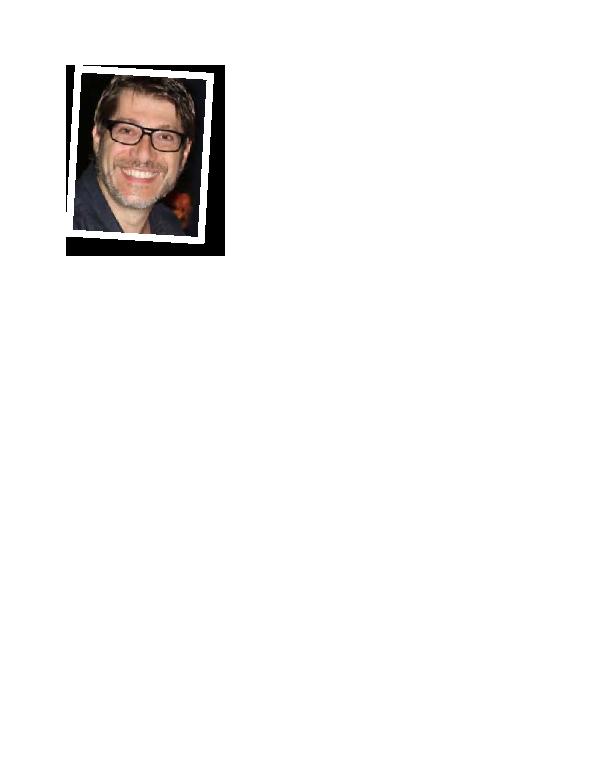
first holiday to Japan (see our travel feature
on page 66). One of the things that made
a big impression on us was the flawless
customer service everywhere we went, from
the most obscure little noodle shops to
five-star hotels, simply walk through the
door and you are instantly greeted with a
smile, a bow and a welcome.
attention. Uniforms are clean and neat,
shirts are tucked in and the deep respect
everyone has for themselves, their
employer, their job and, most importantly,
for the customer, is prevalent.
tips. This is service delivered with the kind
of warmth, enthusiasm and salesmanship
typically found in the long-gone era of
Jimmy Stewart and Doris Day films, yet it is
ironically delivered against a backdrop that
can at times feel like a futuristic sci-fi movie.
changes, there are certain things that don't
feeling appreciated, having a sensory
experience and being on the receiving end
of kindness and enthusiasm are all things
people want from a shopping experience.
When they don't get them, they simply
default to the lowest price and the
least hassle.
flourish in the absence of personalised
customer service.
The healthcare customer expects clinical
excellence and a medical solution to their
problem, but also expects to be treated with
dignity, to be clearly communicated to and
educated, to be reassured and, above all, to
feel `part of the family'.
for the healthcare professional, who may
typically expect they should be thanked.
the phrase that generates loyalty, repeat
business, word-of-mouth publicity
and goodwill.
principals, managers and staff learnt
the language of business and customer
relations.
providers, we will gravitate to the easiest,
cheapest option. At the very least we are not
enthused to recommend our practitioner or
their practice.
raving advocates of your skill, your service,
your care and your attentiveness.